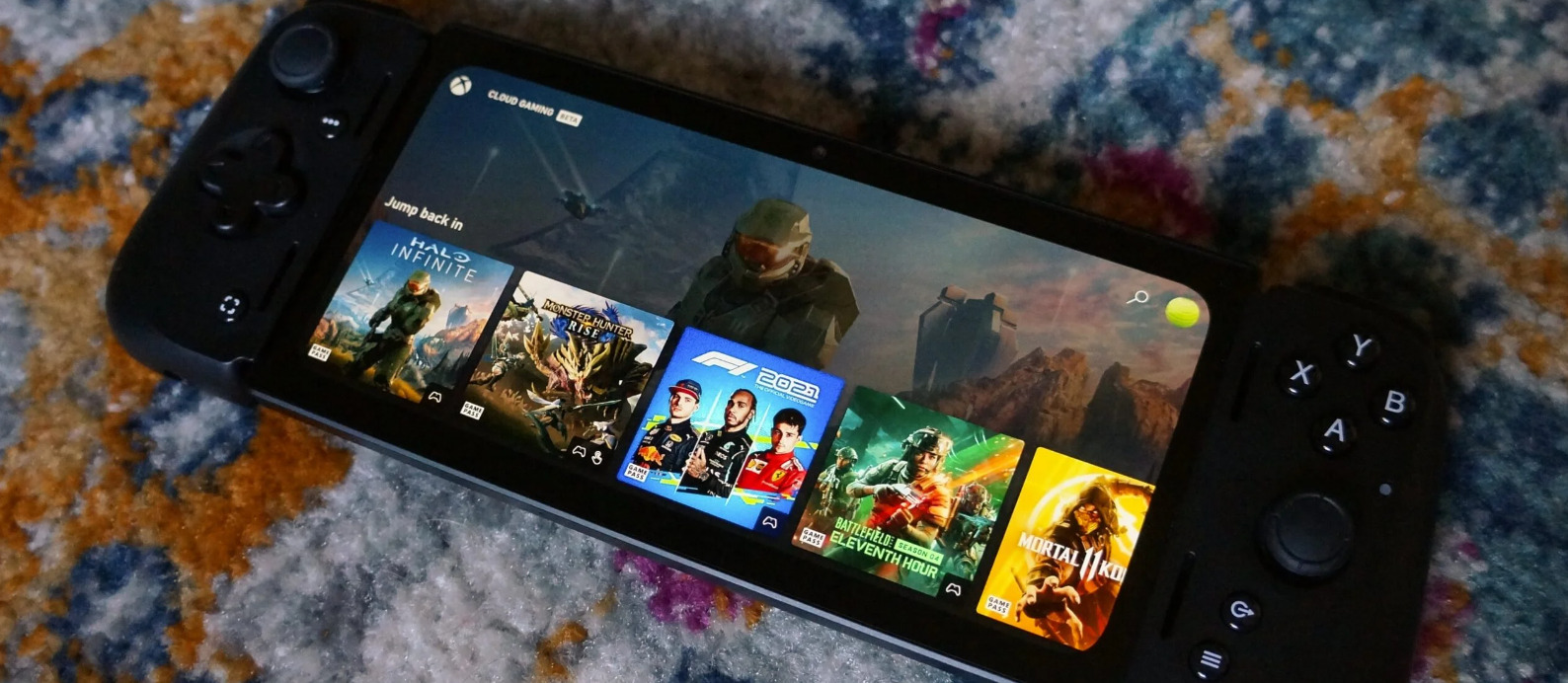
As the clock ticks forward, the mobile gaming industry continues to dazzle with its relentless innovation and evolution. The year 2024 is poised to be a landmark year for gaming enthusiasts and developers alike, with trends that push the boundaries of creativity, technology, and social engagement. Let's embark on a journey through the top five trends that are set to redefine the mobile gaming sphere.
Hybrid Casual Games Gain Momentum

The gaming community has seen an interesting shift with the emergence of hybrid casual games—a format that combines the ease of casual games with the depth of core gaming elements. This trend is expected to strengthen its hold in 2024 as players seek out games that are not only accessible but also offer a richer, more rewarding experience. The appeal of hybrid casual games lies in their ability to retain the simplicity and 'pick-up-and-play' nature of casual games while incorporating compelling narratives, strategic elements, and progression systems that keep players engaged for longer periods.
Developers are finding hybrid casual games to be a sweet spot in the market, where they can attract a broad audience without sacrificing depth or monetization potential. These games are especially appealing to those who may not have the time or inclination to delve into more complex gaming experiences but still desire a sense of accomplishment and progression.
Artificial Intelligence: The Game Changer
Artificial Intelligence (AI) is set to take the mobile gaming industry by storm in 2024. Its applications in gaming are manifold—from creating more realistic non-player characters (NPCs) to optimizing game balance and enhancing player experiences. AI's capacity to learn and adapt means that games can become more dynamic, responding to player behavior in real time and providing a tailored experience that is different for every individual. This level of personalization is not just a novelty; it's quickly becoming an expectation among players who seek a unique gaming journey that reflects their preferences and play style.
By automating certain aspects of the development process, AI allows smaller teams to achieve what previously required larger studios, leveling the playing field for indie developers. This democratization of game development leads to a more diverse array of games hitting the market as barriers to entry are reduced.
Hybrid Monetization Models Take Center Stage

The quest for an effective monetization strategy is an ongoing challenge in the mobile gaming industry. As we look toward 2024, hybrid monetization models are becoming increasingly popular. These strategies blend different revenue streams, such as in-app purchases, subscriptions, and advertisements, to create a more diversified and sustainable financial model for games. This approach allows developers to cater to various player preferences, offering options for those who prefer to pay upfront, subscribe for premium content, or engage with ads in exchange for gameplay benefits.
The evolution of hybrid monetization models is a reflection of the changing attitudes and expectations of players. Gamers are becoming more discerning about how they spend their money and time, and a one-size-fits-all approach to monetization is no longer effective. By offering multiple options, developers can enhance player satisfaction and loyalty, leading to longer retention and potentially higher overall revenue. As we forge ahead into 2024, the mobile gaming industry will likely witness a proliferation of these hybrid models, which promise to shape the financial landscape of gaming for years to come.
The Ascendance of Cross-Platform Play
Cross-platform gaming is not just a fleeting trend; it's swiftly becoming a mainstay in the gaming industry. The ability to play a game on multiple devices, whether it's a smartphone, tablet, or PC, is a testament to the versatility and player-centric approach that is defining modern gaming. As we advance into 2024, the expectation for seamless cross-platform experiences is growing, with players valuing the freedom to switch between devices without losing progress or compromising on the quality of the experience.
This trend is not only beneficial for players, but it also opens up new opportunities for developers. By supporting cross-platform play, game creators can tap into a wider audience and drive engagement across different ecosystems. This broad reach can translate into increased visibility and revenue, as well as foster a sense of community among players who can come together, regardless of their preferred platform. In the coming year, we can expect to see more games embracing this trend, making cross-platform play a standard feature rather than a luxury.
Social Gaming: A New Frontier for Interaction
Video games have evolved into powerful social platforms where players do much more than just play; they connect, share, and build communities. This social aspect of gaming is gaining prominence, with 2024 set to welcome even more features that facilitate interaction and community-building within the gaming experience. As games become hubs for socializing, developers are incorporating elements like chat functions, social media integration, and in-game events to encourage players to engage with one another in meaningful ways.
The social dimension of mobile gaming is particularly appealing to younger generations, who often find virtual spaces to be as significant as physical ones for social interaction. By leveraging the social dynamics of gaming, developers can create immersive worlds that players are eager to return to, not just for the gameplay but for the sense of belonging and community they provide. As we look to the future, the trend of social gaming is expected to flourish, with games becoming a central part of many people's social lives.